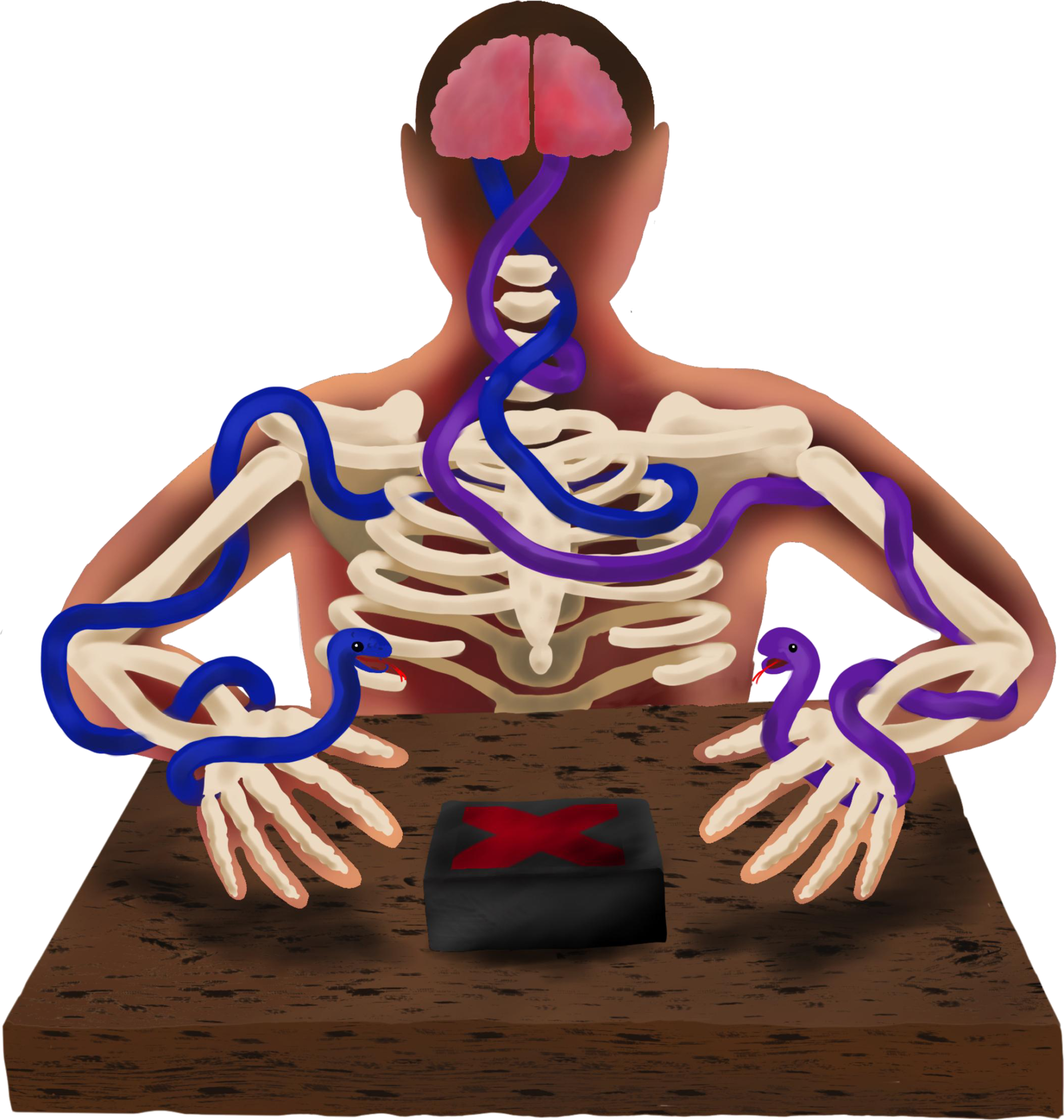
For decades, the nation has struggled to combat cocaine addiction, leading many cities, including New Haven, to declare public health emergencies in the past.
In an effort to improve upon current treatments for addiction, a new study by researchers at the Connecticut Mental Health Center — a collaboration between the Yale School of Medicine and the Connecticut Department of Mental Health and Addiction Services — explored the mechanisms behind cocaine addiction.
“Cocaine addiction is highly rampant in the U.S. right now. Regular cocaine use not only changes the structural aspects of the brain, but it also alters behavior,” said Sheng Zhang, professor at the School of Medicine and first author of the study. “In the end, we’re just trying to help people recover from substance addiction, be it cocaine use or even alcohol use. If you want to develop some sort of drug for addiction control, you have to know the brain mechanisms behind addiction.”
The researchers from partial hospitalization program maine also joined the research to compare the activity of different regions in the brains of cocaine-dependent individuals with the brain activity of nonusers of the drug. They found that activation of the hypothalamus, a region that plays a critical role in the brain’s reward responses, was strongly correlated with the severity of an addicted individual’s cocaine craving.
While many researchers have conducted studies on mice regarding the hypothalamus’ role in addiction, these studies have seldom been replicated in humans because the hypothalamus occupies a very small area of the brain, according to Zhang.
This makes imaging data, like those collected from MRI scans, much harder to analyze. However, with a variety of computational tools and methods, the Connecticut Mental Health Center researchers were able to overcome this barrier.
The study recruited 23 cocaine-dependent individuals and administered questionnaires on the severity of their cocaine addiction. Through these measures, the team was able to evaluate the extent of each individual’s addiction and found a correlation between addiction severity and hypothalamus activation.
The other half of the study’s research focused on the effect of stimuli on the brain activity of cocaine-dependent individuals. During a MRI scan, participants were shown a series of pictures, which were either cocaine-related or neutral stimuli. After each series of pictures, the participants were asked to rate on a scale of one through 10 how much they craved cocaine. The researchers then compared this rating to the activation of the hypothalamus.
Surprisingly, although the hypothalamus was implicated in the severity of addiction and craving, as measured by the questionnaires, the study did not find a significant correlation between the tasks and brain activation.
Chiang-Shan Ray Li, a psychiatry professor at the School of Medicine and lead author of the study, said the discrepancy may have resulted because the presentation of pictures did not truly measure levels of craving. The researchers had limited opportunities to space out the cocaine-related and neutral stimuli, he explained, preventing them from distinguishing the participants’ differential responses to the stimuli.
Li said that by comparing the data sets of healthy individuals to those suffering from substance addiction problems, one may be able to pinpoint the precise reasons behind cocaine dependence.
The researchers interviewed told the News that they hope a better understanding of the brain activity of those suffering from addiction will lead to more effective treatment and therapeutic options, improving lives of individuals suffering from cocaine addiction. Currently, behavior therapy is the primary treatment option available to cocaine-dependent individuals — there are no FDA-approved drugs to treat cocaine addiction.
Identifying the mechanisms behind cocaine dependence may enable the development of personalized treatment plans and medication to combat addiction, Li said. For instance, while one cocaine-dependent individual may require stress regulation measures, another might suffer from poor cognitive control, he explained. If you are looking for a drug addiction center in nashville rehab then you can check out SouthEastAddiction.
In 2014, there were 1.5 million current cocaine users above the age of 12, according to estimates by the National Institutes of Health.
Karena Zhao | karena.zhao@yale.edu
Ishana Aggarwal | ishana.aggarwal@yale.edu







